The history of Sa’adu Zungur is indeed one of complete fascination and absolute motivation as it depicts the versatility of Sa’adu Zungur, showing what an ingenious polymath, he was. Challenging whoever and whatever was evidently wrong, this man stood up against British colonial rule when it was an almost impossible task to do, challenged and debated intelligently with internal and external oppressors.
Who is Sa’adu Zungur?
This brief history of Sa’adu Zungur would flummox and leave you with the question of how the story of such an individual is almost completely unknown.
Early Life
Born Ahmed Mahmud Sa’ad (popularly Sa’adu) Zungur on a Tuesday 24th of November 1914 in Ganjuwa ward of Bauchi metropolis. He was born to the family of Muhammad Bello, the son of Ahmad who was the leader of the Zungur Kogi Community. His mother, Fatima, was the daughter of the servant to the Chief of Jaku, she was Sa’adu’s father’s third wife.
Sa’adu Zungur’s paternal great grandfather, Idris was a Scholar-Jihadist who is said to have studied directly under Dan Fodio himself, who under the then Emir of Bauchi, had gone to collect the flag of authority to carry out Jihad in Bauchi.
Sa’adu was brought up in the scholarly tradition of his family, being a polyglot who spoke multiple languages including; Hausa, Fulfulde, Arabic and much later in his life, English. Sa’adu was of a slim build with a somewhat longish chin and thick lips. From his mother, he had two sisters; Aisha (Nana) and Hassana (Aji), and being the only son of his mother.
He had three brothers; Mahmud, Hamidu, and Aminu and three sisters; Aisha, Hafsatu and Hadiza from his father’s other wives. His father had a total of nine children. He grew up with his elder sister, Aisha (Nana) who was fourteen years older than he, she was married to a disciple of her father’s.
Sa’adu Zungur’s Education
Under the mentorship of his father, Sa’adu was exposed to formal Islamic education at a very young age. Within a short frame of time, Sa’adu grasped and became good with Tafsir (Exegesis of the Quran), Nahwu (Arabic grammar) and the Islamic Sciences of Jurisprudence and Theology. At a very young age, Zungur became an extremely voracious reader, with the ability to easily assimilate and retain what he had studied to his memory and that of his colleagues.
Sa’adu’s brothers tried to compete with him but were admonished by their father that it was futile doing so. He was obsessed with reading a lot of Arabian and Indian folktales whilst he was growing up. Because of this zeal, he became very close to their father and the family’s favourite child.
With the advent of Western education in Bauchi, Sa’adu looked at it with great excitement. It was however not what his father wanted from him as he wanted Sa’adu to follow the family’s footsteps and become a great Islamic scholar, as he feared for his son from getting trapped into the ‘tragedy’ called Western education, although he taught at the provincial primary school at Yelwa.
However, for Sa’adu, it was on the insistence of the Emir of Bauchi Yakubu II, that Sa’adu was enrolled in the provincial primary school of Bauchi at six, with careful observation from his father. As was the colonial practice of identifying individuals with names of their cities, Sa’adu was identified as Sa’adu Bauchi.
In 1912, he was at the katsina college to train middle school teachers and he was admitted to be trained as a science teacher. Having only spent 3years in the five years duration of the course, he was allowed to graduate early, considered as far above the standard of the highest seat of learning in Northern Nigeria. To the surprise of his teachers, he was equally taking lessons in private lessons on advanced jurisprudence from renowned scholars in Katsina, a text considered to be complex to comprehend, especially to a mere teenager.
It was then decided for him to be moved to Yaba Higher College in Lagos, which was the then highest learning institution of colonial Nigeria. This of course came with a refusal from his father, in which the Emir had to intercede again for Sa’adu to be allowed.
First Northerner to Attend Yaba College, Lagos
Sa’adu left Katsina for Yaba, Lagos as the first Northerner to be sponsored by the colonial administration to advance studies outside the north. He was supposed to specialize in Biology and Chemistry, but Yaba turned out to be a great disappointment for him, according to a report to Mr E. L. Mort, the Bauchi Provincial Superintendent of Education, that it was too elementary. Although some allude his leaving Yaba as a failure, which wasn’t so. He later ended up studying General science.
Although part of the reasons Sa’adu didn’t want to return was because of his father’s antagonism towards his new way of dressing when he returned from Yaba. His father believed that the Euro-Christian way of life was influencing his son.
However, his stay in Lagos played a very vital role in the life of Sa’adu Zungur, forming how he viewed the role of the colonial British and probably convinced on how he could change his own immediate society. He is said to have taken part in rallies as well as attended debates on the negatives of British colonial rule.
He was excoriated by Mr. Mort for his comment about the school at Yaba, and the inculpatory statement about the colonial system of Education. Eventually, Mr Mort made a reconsideration believing that more harm than good would be done in rusticating a man of Sa’adu’s intellect, suggesting that Sa’adu be employed by the administration so as not be become to them a “dead loss”.
Carrer
Mr Mort searched for jobs in departments other than that of Education, knowing the Director of Education of Nigeria wouldn’t consider Sa’adu. He later found a spot at the Northern regional health department, who were willing to offer him low paying jobs, and he accepted. The department posted him to the Kano School of Hygiene to train as a third-class Sanitary inspector.
Sa’adu proved to be far ahead of his peers and after a month, the senior health officer telephoned the Chief Inspector of Education in June 1935, that they would promote Sa’adu at a later date to post of Instructor. He was paid far less as someone of his standings would have been, and a plea for reconsideration was sent in 1938, the same year he passed his Sanitary Inspectors’ Course (London Matriculation) with distinction.
In 1939, having been satisfied with his ratings was transferred to Zaria to the school of Hygiene, later school of Pharmacy. Within a short period of time, he became the first Nigerian to obtain the prestigious Meat inspectors’ Certificate of the British Royal Sanitary Institute.
Sa’adu Zungur’s Entry into Politics
Zaria gave Sa’adu an experimental ground to experiment his political views and fight for social change, as Zaria was the hub of intellectuals and a midpoint of Kano and Kaduna, the commercial and political capitals of Northern Nigeria respectively. Zaria had a pinch of being a mini-Nigeria, having several European companies which employed southerners. This was a place to test his ideas. This however brought a lot of conflict with his colonial superiors.
In 1935 when he was in Kano, he singlehandedly formed the Young Men’s Muslim Association (YMMA), associating its self with the world body based in Egypt, which he had hoped would turn to a political association in the long run.
However, this positioned his subsequent career into the Nigerian anti-colonial movement. The eight years he spent in Zaria, between 1939-1947, became ground zero for when Sa’adu Zungur developed his ideals to fully wage a war on the colonialists, despite the prior knowledge of possible hostility from the British government.
With his experience in Kano, he understood the need for more collective action and became predominantly concerned with forming an organization that would tackle social problems. He formed the Hausa Youths Keep Fit Class which tackled physical to Socio-political problems. Seeing a reasonable success, he then transformed it to Northern Nigeria Youth Movement (NNYM) which was popularly known as the Zaria friendly society (ZFS), which further transformed to Northern Provinces General Improvement Union (NPGIU) in 1941.
With the help of Gaskiya ta fi kwabo magazine, some of these issues raised at the meetings were published as issues, so as to reach a wider audience. This made the colonial masters outrightly ban the organization since it wasn’t willing to play a role in supporting its World War II campaign, and Sa’adu Zungur was transferred to Anchau to join the anti-morsitans campaign and resettlement scheme of the sleeping sickness Programme.
Health Complications
The transfer of Sa’adu to Anchau made his frail health much complicated, which made him spend most part of late 1941 through 1943 being hospitalized in Zaria, Kaduna and Kano. This can be said to be a deliberate move by the colonial government to worsen Sa’adu’s health, with a claim that over ten months, sixteen doctors failed to properly diagnose his condition.
It might have been because he wasn’t going to help them in their cause that they decided to transfer him to Anchau where the facilities there were hardly up to basic standard.
Marriage And Family
Sa’adu Zungur married a total of six times throughout his life, however never maintained more than one wife at a time. He also never had any children, although two of his wives had miscarriages; one at three months and the other at eight months, although his family members insist that none of his wives had ever miscarried a pregnancy.
A family member believes that he wasn’t able to keep a wife because of his voracious days-on reading and writing, giving his wives little or no attention.
Disengagement from Service
Sa’adu was disengaged from his government Job which took effect from 4 March 1943 and was paid a 90 pounds gratuity, which he had to petition the Senior Health Officer for the Northern Provinces. With only a ten-year service period, he was not qualified for a pension. And because there was no possibility for a government job or offer, he relocated back to Bauchi where he could at least have family support.
With a wife to take care of, he was economically back pressed to the wall. Although pressed to the wall financially, he was troubled with the uncertainties the future of his country held, which made him resort to writing.
The Bauchi Discussion Circle (BDC)
Having no say over his affairs now, the colonial government knew that Sa’adu would now go for the Jugular of the colonial rule and possibly cause more havoc, this prompted them to create a forum where they could control what was said against the government, this is credited to be Sa’adu’s initiative.
The Circle was dissolved by the emir following a well-organized attack by Sa’adu Zungur, first on the Resident overseeing Bauchi and then on the indirect rule and the autocracy of the emirate system, this action angered the Emir that he dissolved it before the subsequent week.
The termination of the Bauchi Discussion circle lead Sa’adu Zungur to form the Bauchi General Improvement Union, which was similar to the BDC but was not controlled by the colonial government nor the Native Authority (NA).
Sa’adu Zungur’s Writings and Poetry
Sa’adu, who was not unfamiliar with the pen, and being voracious at reading, published several articles, amongst the most widely read was the one he published in the Nigerian Review which had a nationwide presence, where he castigated the colonial administration and the “Unenlightened” traditional rulers.
He also took to poetry whenever he felt his articles wouldn’t encapsulate his messages, his most popular poems to date are the; Jihadin Neman sawaba; wakar bidi’a; Arewa: Jumhuriyya ko Mulukiya; Yaki da Shaidani etc.
Journalism and the NCNC
His article in the Nigerian review attracted Dr Nnamdi Azikiwe’s attention, which lead him to appoint Sa’adu as its correspondent of the Associated Newspapers of Nigeria; which had several newspapers under it, all owned by Dr Azikiwe
Initially serving as its Correspondent for three North-Eastern Province; Adamawa, Bauchi and Borno, later he became the Correspondent for the whole Northern Provinces.
Trouble with a White Officer
A famous story was his report in the pilot of a Mr. J. A. Ogle, a mechanical engineer posted to Bauchi Native authority as Workshop Superintendent who treated his African subordinates with contempt. Sa’adu took to interview the staff under Ogle, which enraged Ogle and promised to teach Sa’adu a lesson.
He initially ordered that a sign be put up due to Sa’adu’s frequent visits to the workshop. Sa’adu Zungur then published a satire in the pilot where he compared Ogle to a species of Hornbill birds because of his unappealing physique and sarcastically insulted him for having Kwarkwata (lice), and that his body was full of scabies (kirci).
This enraged Ogle so much that he hunted Sa’adu with his revolver to end his life. Whilst Sa’adu was in hiding, he sent a note to his alter ego, Aminu Kano through his nephew Mukhtar. They sounded the alarm and alerted, the Superintendent of Police for Bauchi-Plateau provinces located in Jos, the Lieutenant Governor in Kaduna and the Governor in Lagos and released a report to the pilot, which appeared the following day
The news spread like wildfire and the pilot saw the need to protect their staff and to make a point of being an anti-colonial nationalist newspaper. It provided legal aid to Sa’adu and charged Ogle with attempted murder. At the end of the day, Ogle was charged with the illegal possession of firearms and fined 5pounds. Ogle left Nigeria in 1948 which made his subordinates happy and dramatically skyrocketed Sa’adu’s reputation as a courageous man.
Sa’adu saw the role the NCNC played in its national outlook strategy and the importance for him to join the NCNC to play a role in pan Nigerian nationalism, in a speech he gave at the party’s first annual convention and national assembly held at Kaduna, despite its strong Southern presence.
Federal Secretary of the NCNC
Sa’adu alongside Raji Abdallah and Abubakar Sadiq Zukogi; who was a Bida prince were there as representatives of the Northern Elements’ Progressive Association (NEPA). In his speech, Sa’adu made clear of his support to the NCNC was conditional upon the role the party played in getting Nigeria free from British rule and fostering Unity amongst Nigerians.
Sa’adu was then taken as the Federal Secretary of NCNC, a position which he had to leave Bauchi to Lagos for, a position that made the British and local aristocrats castigate him as a heretic who forsook his religion for arnan kudu (Southern pagans). He took his wife Marka and nephew Mukhtar to accompany him to Ebute Meta, where the office was located.
Amongst his first worries at Lagos was the Constitutional future of Nigeria. As he felt the Richardson’s and Macpherson’s constitution was highly under-representative of the Nigerian people.
Sa’adu began having issues with the NCNC, who were beginning to compromise the original ideals of the party, especially the leader Dr. Azikiwe; who didn’t want to be viewed as a radical by the Macpherson’s government. Also, was the publication of the NCNC of an article that portrayed Dr. Azikiwe as a saviour by Gideon Urhobo, further say that believers of other faiths particularly Muslims should leave their heathen ways and follow Jesus Christ and his successor Dr. Azikiwe.
This infuriated Sa’adu that he dismissed Urhobo’s claims on behalf of Jam’iyyar Al’ummar Najeriya ta Arewa (JANA), calling him a “politico-religious opportunist”, confusing the NCNC with Christianity, an infidel ignorant about Islam and highly insensitive to the multi-religious nature of the Nigerian state and the diversity of the NCNC support. Urging the NCNC to desist from publishing such kinds of articles.
The final straw that broke Sa’adu’s back was the obvious non-inclusion of qualified northerners in the Scholarship that the NCNC offered, despite his complaint to its leader, Dr. Azikiwe.
He left Lagos in 1950 on the insistence of the Emir of Katsina, Usman Nagoggo, to come back to the north to firstly organize a political party for the region, and secondly set up the proposed scholarship fundraised from Kundin Taimakon Arewa (Northern self-help Fund).
Sa’adu together with Sadiq Abubakar Zukogi and finally when Raji Abdullahi in 1951 left the party, really blemished the standing of the NCNC as a national party.
Beginning of Party politics in Northern Nigeria
The history of Sa’adu Zungur shows how his return from Lagos with a broken spirit gave him a new perspective on things which lead him to create the xoxo, despite being called by Tafawa Belewa to join the Jam’iyyar Mutanen Arewa. He is given credit for coining the English translation of the group, Northern people’s congress.
However, because of the high influx of the Native authority aristocrats, Sa’adu felt that its values would be compromised as the Native council would be limiting their actions in the fight against the colonialists. He then formed his own party, the Northern Elements Progressive Union (NEPU) in 1951, and was an obvious rebirth of NEPA, with just the substitution for ‘Association’ for ‘Union’. And this ushered the new age of party politics in northern Nigeria.
Sa’adu Zungur’s Death
Sa’adu died without seeing the fruit of his labour of an Independent Nigeria in 1958 as a result of the severity of his long-term illness; pile and ulcer. Because of his frequent association with the hospital, he contracted tuberculosis, making him a permanent patient for the rest of his life.
After his death, some of his writings were burnt including what he considered as his Muqadimma of ibn Khaldun’s book.
Controversies and Legacy
Throughout the history of Sa’adu Zungur, it can be seen paralleled with controversies, from his wearing of suit; which was then considered as heresy to the denunciation of genuflection done to the native authorities and British colonialists. He made himself dabble in the most controversial topics of his time, making him the weird apple in a garden of oranges.
Amongst his topmost commendable legacy is his consistent struggle in fighting off the colonialists as well as old repugnant practices of a culture that had nothing to do with Islam. He also left behind him competent disciples who took on his struggle after his death, the most popular being Aminu kano. He is considered to be the first Pharmacist in northern Nigeria.
His greatest legacy, however, is his intellectual standoff against the normalized social order and how he mobilized people to change it.
In 2021, Bauchi state Government renamed the State University in Gadau to Sa’adu Zungur University.
Culled from: Sa’adu Zungur: An anthology of the social and political writings of a Nigerian nationalist, by A. M. Yakubu

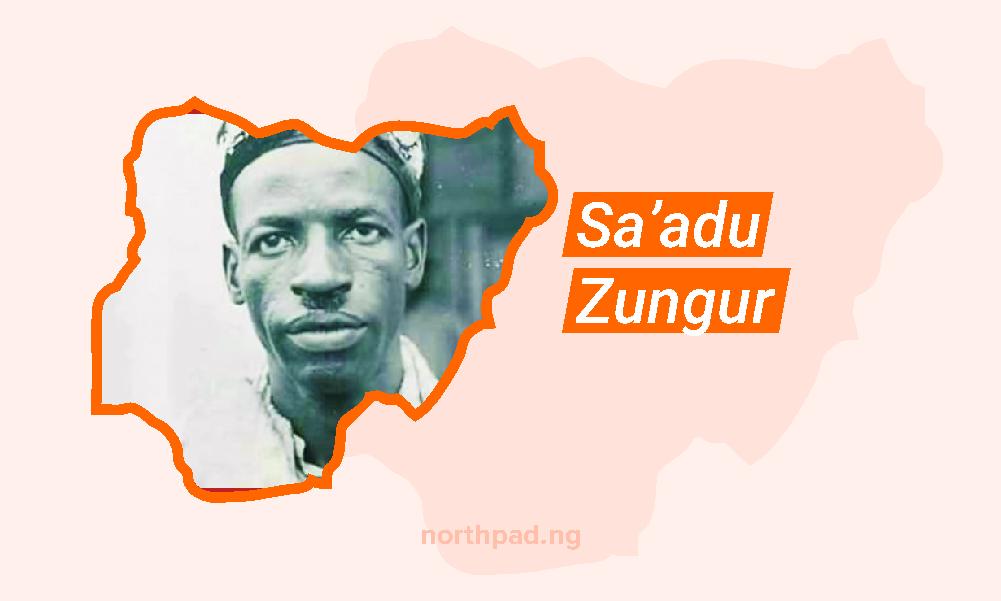

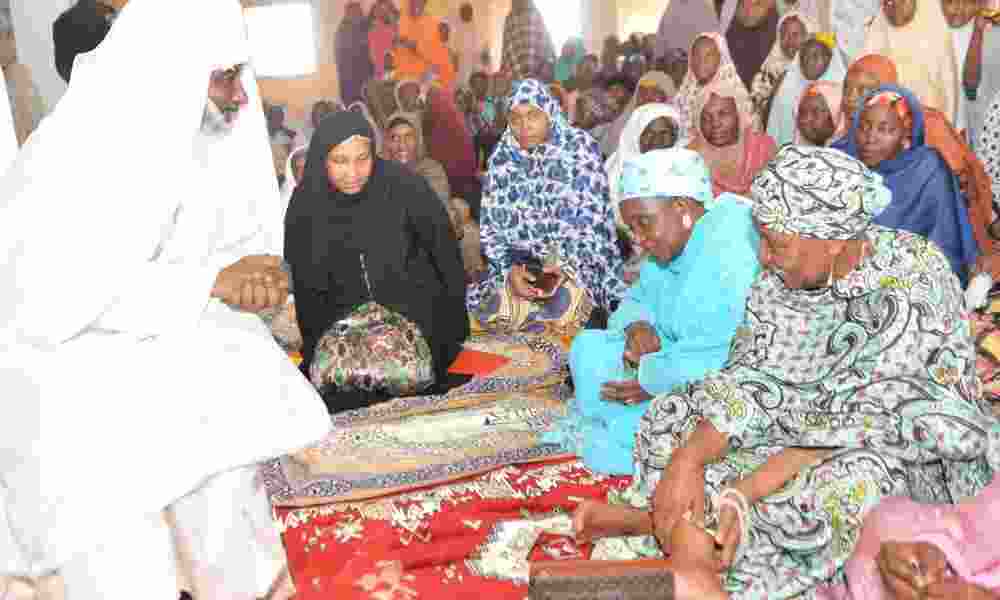
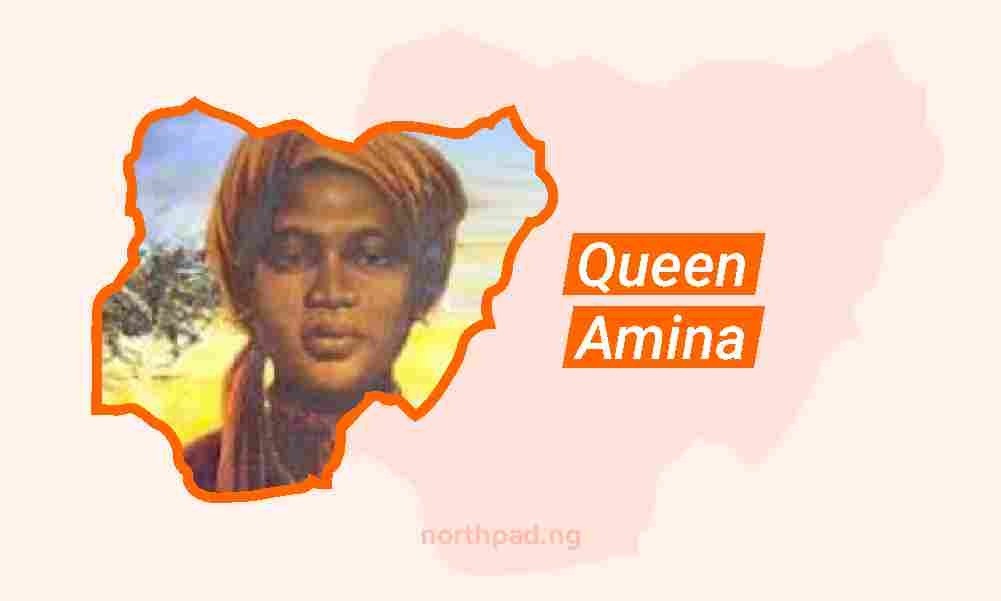
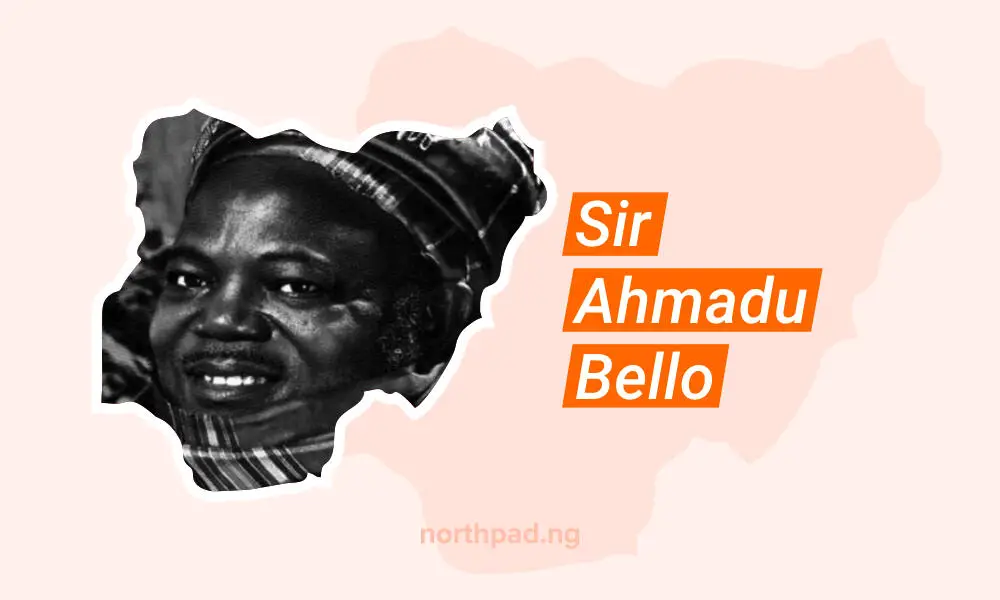
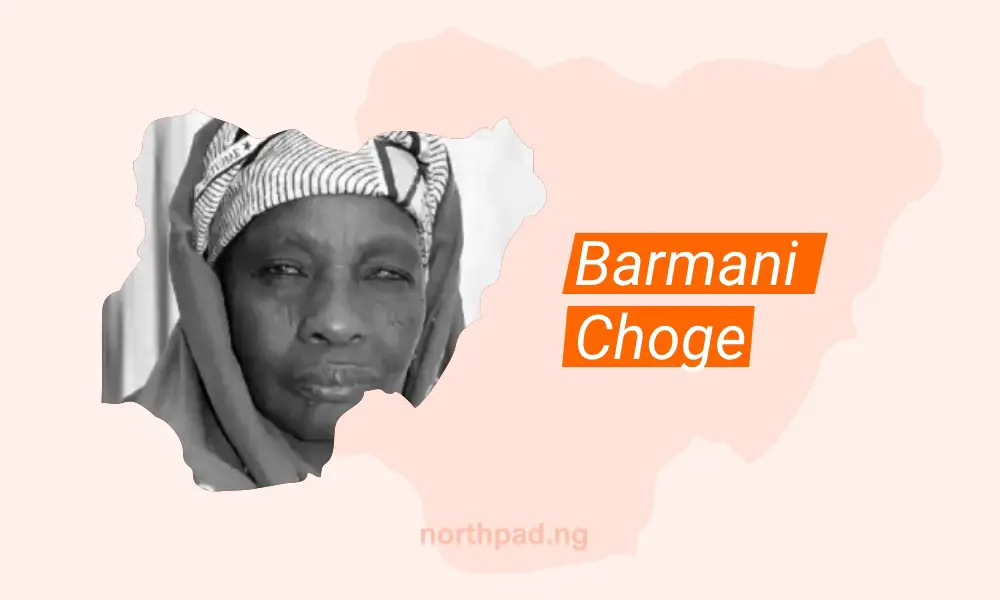
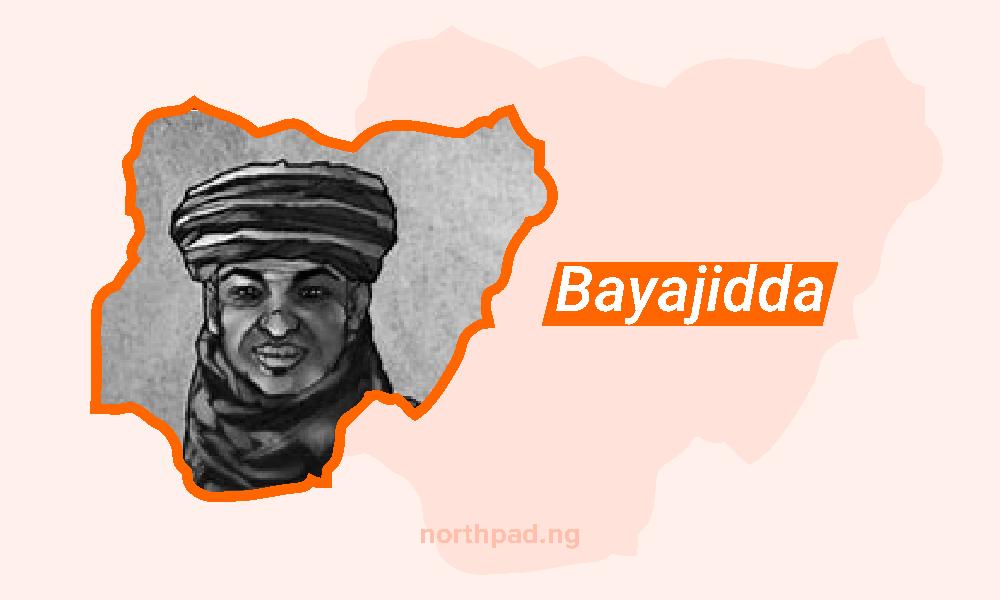

0 Comments